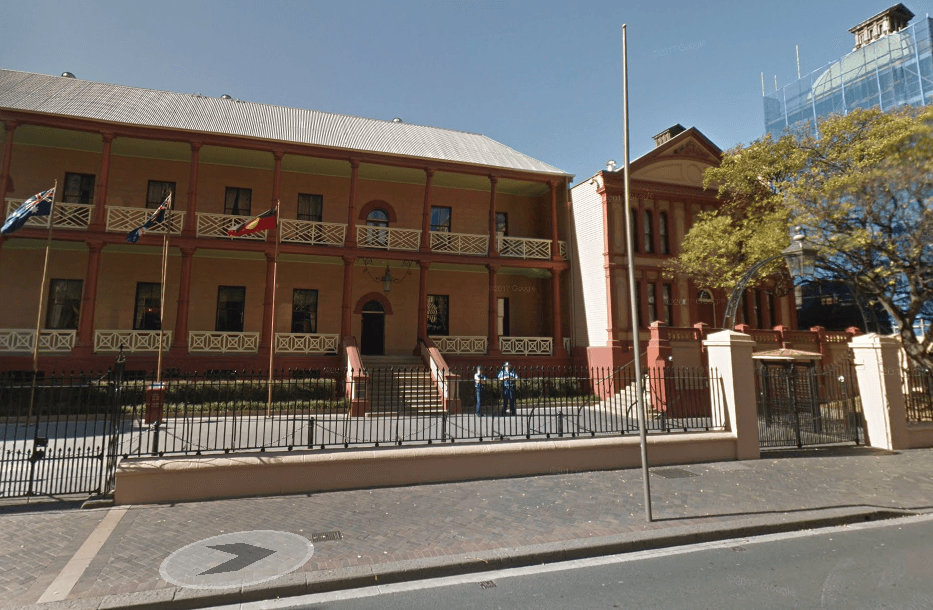A crucial step has been taken to address growing concerns about the international trade of human organs as Australia passed its first anti-slavery bill in the New South Wales (NSW) upper house on May 3.
Organ trafficking is a serious criminal offence in Australia but currently, state and commonwealth laws only prevent a person who is in Australia from engaging in an illegal trade of human organs. Loopholes in the legislation mean that if an Australia receives an organ in an illegal or unethical manner while overseas, they face no penalty when they return home.




